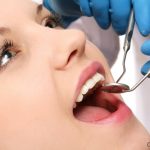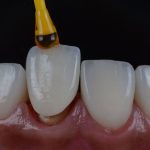Expert Tips: Smoking After Wisdom Teeth Extraction Made Easier
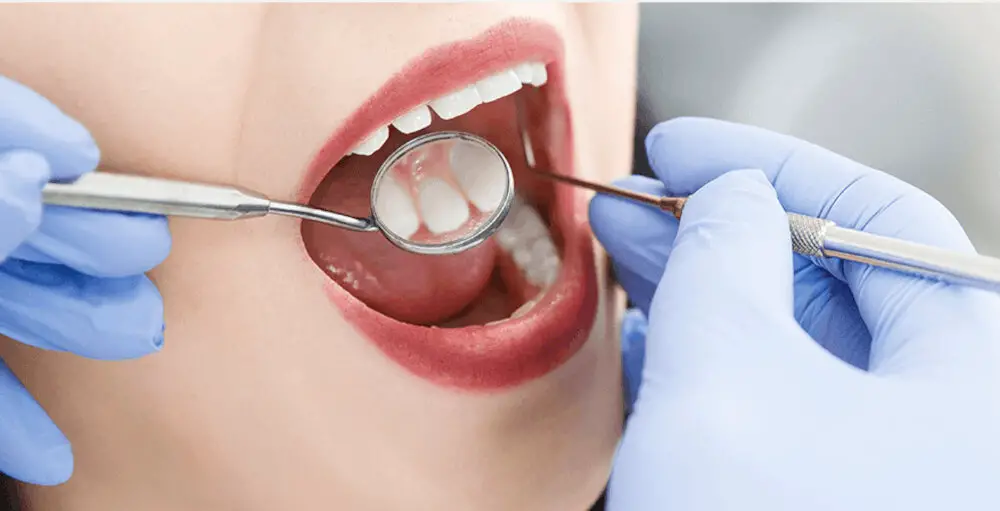
If you’re a smoker and you’ve recently had wisdom teeth extraction surgery, you may be wondering how to manage your smoking habit while you heal. Smoking after wisdom teeth extraction can be challenging and painful, but there are ways to make the process easier. By following expert tips and advice, you can minimize the discomfort and complications associated with smoking after wisdom teeth removal. Wisdom teeth extraction is a common dental procedure that involves removing the third molars located at the back of your mouth. It’s usually done under local or general anesthesia, and it’s normal to experience some discomfort and swelling after the procedure. Smoking after wisdom teeth extraction can slow down the healing process and increase the risk of complications such as dry socket, infection, and delayed healing. Therefore, it’s essential to take precautions and follow expert tips to make smoking after wisdom teeth extraction as easy and pain-free as possible.
Wisdom teeth extraction can be a painful and uncomfortable experience for many patients. The process involves removing one or more of the four wisdom teeth, which are located at the back of the mouth. After the procedure, patients may experience pain, swelling, and tenderness in the affected area, which can last for several days. Additionally, there may be bleeding and difficulty opening the mouth, making it difficult to eat or speak. It is important to follow the aftercare instructions provided by your dentist or oral surgeon to manage the pain and discomfort and promote healing. This may include taking pain medication, applying ice packs, and eating soft foods.
One of the most common pieces of advice given to patients after a wisdom teeth extraction is to avoid smoking for a certain period of time. This advice is given because smoking can have harmful effects on the healing process of the extraction site. Smoking can delay the healing process, cause dry socket, and increase the risk of infection. Dry socket, a condition where the blood clot in the extraction site is dislodged, can cause severe pain and require additional treatment. Therefore, it is crucial for patients to follow this advice and refrain from smoking for at least 48-72 hours after the procedure.
In this article, we will provide expert tips to make smoking after wisdom teeth extraction easier. We understand how difficult it can be to quit smoking, but it is essential to take care of your health after surgery. Our tips include using nicotine replacement therapy, waiting at least 72 hours before smoking, avoiding smoking directly on the extraction site, and keeping your mouth clean to prevent infections. We will also discuss the risks of smoking after wisdom teeth extraction and the importance of following your dentist’s instructions for a faster and smoother recovery. By following our tips, you can still enjoy smoking while ensuring your recovery is not compromised.
Why smoking after wisdom teeth extraction is a bad idea
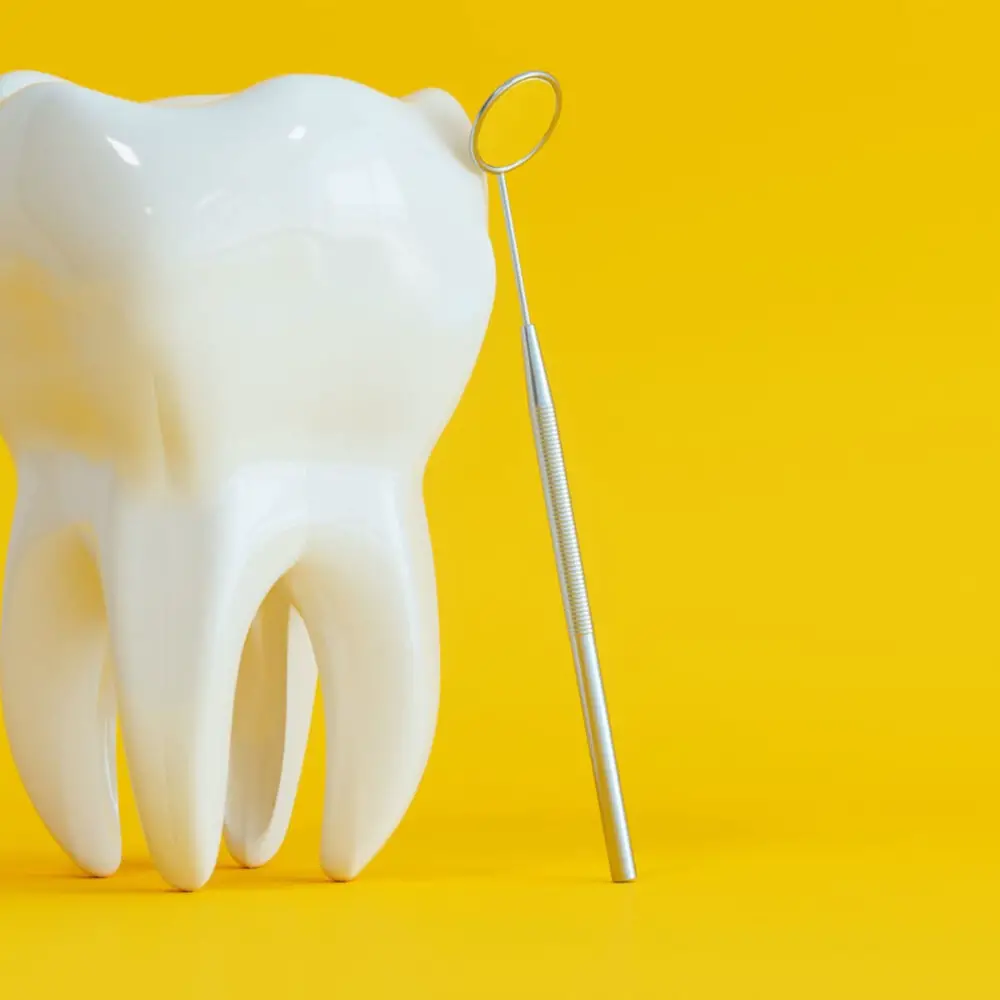
After wisdom teeth extraction, it is crucial to take care of your oral health and avoid certain activities, such as smoking. Smoking can negatively impact the healing process and increase the risk of complications. The smoke from cigarettes contains toxins and chemicals that can irritate the surgical site, delay the healing process, and increase the risk of infection. Additionally, smoking can decrease blood flow to the surgical site, which can slow down the healing process and make it more difficult for the body to fight off infections. Smoking after wisdom teeth extraction can also increase the risk of a painful condition known as dry socket. Dry socket occurs when the blood clot that forms in the extraction site becomes dislodged or dissolves, exposing the bone and nerves underneath. This can cause intense pain and discomfort and can slow down the healing process. Smoking can increase the risk of dry socket by interfering with the blood clotting process and delaying the formation of a stable blood clot. Therefore, it is recommended to avoid smoking for at least 72 hours after wisdom teeth extraction to allow the blood clot to form and the healing process to begin.
Smoking can significantly hinder the healing process after wisdom teeth extraction. The chemicals in cigarettes can cause constriction of blood vessels, reducing the amount of oxygen and nutrients that reach the extraction site. This can lead to delayed healing and increased risk of infection. Smoking also weakens the immune system, making it harder for the body to fight off any infections that do occur. In addition, the act of smoking can create negative pressure in the mouth, potentially dislodging the blood clot that forms after extraction and leading to a painful condition known as dry socket. Overall, smoking should be avoided after wisdom teeth extraction to promote optimal healing and reduce the risk of complications.
After wisdom teeth extraction, patients face a higher risk of infection, pain, and dry sockets. Smoking can exacerbate these risks due to the harmful chemicals present in cigarettes. Smoking can delay the healing process and cause inflammation, which increases the risk of infection. Additionally, smoking can cause dry sockets, a condition where the blood clot that forms in the socket after extraction dislodges, leaving the bone exposed and causing intense pain. Therefore, it is crucial for patients to avoid smoking after wisdom teeth extraction to ensure proper healing and reduce the risk of complications.
How long to wait before smoking after wisdom teeth extraction
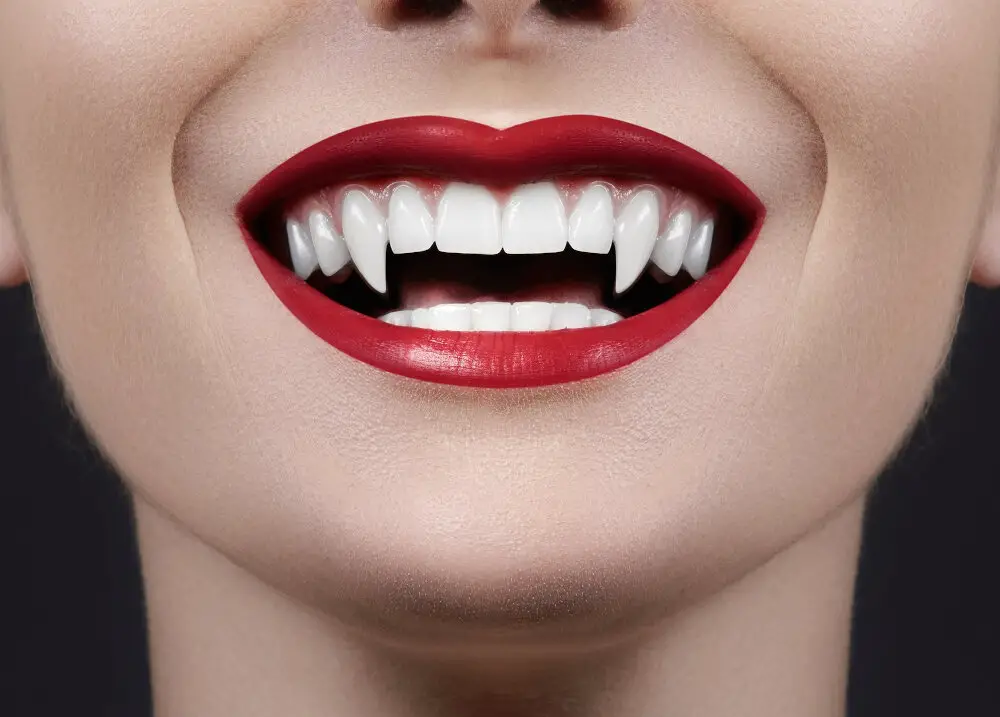
After wisdom teeth extraction, smoking can be a serious concern. The chemicals in cigarettes, including nicotine, can slow down the healing process and lead to dry sockets, which are extremely painful. Therefore, it is essential to wait a considerable amount of time before smoking again. The initial healing period after wisdom teeth extraction is usually around 72 hours, during which patients are advised to avoid smoking and other activities that can cause suction or pressure in the mouth. After that, it is best to wait at least a week or two before smoking again. This timeframe allows for the formation of a blood clot in the extraction site, which is crucial for proper healing. Smoking can disrupt this clot and cause complications, so it is important to be patient and wait until the mouth has fully healed before resuming this habit. It is also important to note that smoking can have long-term effects on oral health, even after the extraction site has healed. Smoking can lead to gum disease, tooth decay, and oral cancer, so it is recommended to quit smoking altogether. If quitting is not an option, it is essential to practice good oral hygiene and attend regular dental check-ups to monitor any potential issues. Overall, it is best to be patient and avoid smoking after wisdom teeth extraction until the mouth has fully healed, and to consider quitting smoking altogether for the long-term health of your oral cavity.
The recovery time for wisdom teeth extraction can vary from person to person, but it typically takes around 7-10 days for a full recovery. During this time, patients may experience swelling, pain, and discomfort, and they will need to follow a strict aftercare routine to ensure proper healing. This routine may include avoiding smoking or using straws, eating soft foods, and keeping the extraction site clean with gentle rinsing. While the recovery process can be uncomfortable, it is important to allow the body time to heal properly to avoid complications and ensure a speedy recovery.
It is imperative to wait until the mouth has fully healed before smoking after wisdom teeth extraction. The reason being that the smoke from cigarettes contains harmful chemicals that can damage the blood clot forming in the socket and delay the healing process. Smoking can also cause dry socket, a painful condition in which the blood clot dislodges, exposing the underlying bone and nerves. This can lead to intense pain, infection, and prolonged healing time. Therefore, it is crucial to abstain from smoking for at least 72 hours after tooth extraction to allow for proper healing and avoid any complications that may arise.
It is strongly recommended to avoid smoking for at least 48 to 72 hours after wisdom teeth extraction surgery as it can delay the healing process and increase the risk of complications. Smoking can also cause dry socket, a painful condition where the blood clot in the socket dissolves or dislodges, exposing the underlying bone and nerves. This can lead to infection, delayed healing, and prolonged recovery time. Therefore, it is crucial to refrain from smoking until the socket has completely healed, which may take up to several weeks depending on the individual’s recovery rate and the extent of the surgery. In the meantime, patients can use nicotine patches or gum to manage their cravings and reduce the risk of complications.
Tips for smoking after wisdom teeth extraction

After wisdom teeth extraction, smoking can slow down the healing process by reducing blood flow to the extraction site. It can also introduce harmful chemicals and bacteria into the wound, leading to infection. If you are a smoker, it’s important to take precautions to minimize the negative effects of smoking on your recovery. Firstly, try to avoid smoking for at least 24 hours after the surgery. This will allow the blood clot to form and reduce the risk of dry socket, a painful condition where the blood clot is dislodged from the socket. Dry socket can delay the healing process and require additional treatment. If you cannot resist the urge to smoke, wait at least two hours after the surgery before lighting up. This will give your body enough time to start the healing process. When you do start smoking after wisdom teeth extraction, try to limit your smoking as much as possible. Take small, gentle puffs instead of deep inhales, and don’t hold the smoke in your mouth for too long. This will help reduce the amount of smoke and heat that comes into contact with the extraction site, minimizing the risk of infection. You can also try using a nicotine patch or gum to help reduce your cravings. Finally, make sure to keep up with your oral hygiene routine to prevent infection. Brush your teeth gently, avoid using mouthwash for the first 24 hours, and rinse your mouth with warm salt water several times a day. By taking these precautions, you can help ensure a smooth and speedy recovery after wisdom teeth extraction.
Smoking is a hazardous habit and can lead to various health problems, including cancer. Quitting smoking is the best option to lead a healthy life, but it isn’t easy. Fortunately, alternatives like nicotine patches, gum, and lozenges can help reduce cravings and withdrawal symptoms. Nicotine patches release nicotine into the bloodstream through the skin and can help reduce cravings. Nicotine gum and lozenges provide a quick dose of nicotine, which can help reduce the urge to smoke. These alternatives can be an effective way to quit smoking and improve overall health. However, it is important to consult with a healthcare professional before using any nicotine replacement therapy to determine the best form and dosage.
Smoking after wisdom teeth extraction can be a painful and uncomfortable experience. However, there are ways to reduce the negative effects of smoking. One way is to use a straw when smoking, which can help to minimize the impact of the smoke on the extraction site. Another technique is to avoid inhaling deeply when smoking, as this can cause irritation and discomfort. Additionally, it is important to maintain good oral hygiene by brushing and flossing regularly, as this can help to keep the extraction site clean and reduce the risk of infection. By following these tips, individuals can make smoking after wisdom teeth extraction a more manageable experience.
In addition to the tips provided earlier, there are a few more things you can do to minimize pain and discomfort while smoking after wisdom teeth extraction. Firstly, try to smoke through your nose instead of your mouth. This will prevent smoke from coming into contact with the extraction site, which can cause irritation and prolong the healing process. Secondly, consider switching to a different type of smoking apparatus such as a vaporizer or edible, which can be less harsh on your mouth and throat. Lastly, make sure to avoid smoking for as long as possible after your surgery to allow your body to heal properly. While it may be difficult to quit smoking altogether, taking these extra precautions can make all the difference in your recovery.
What to do if you experience complications
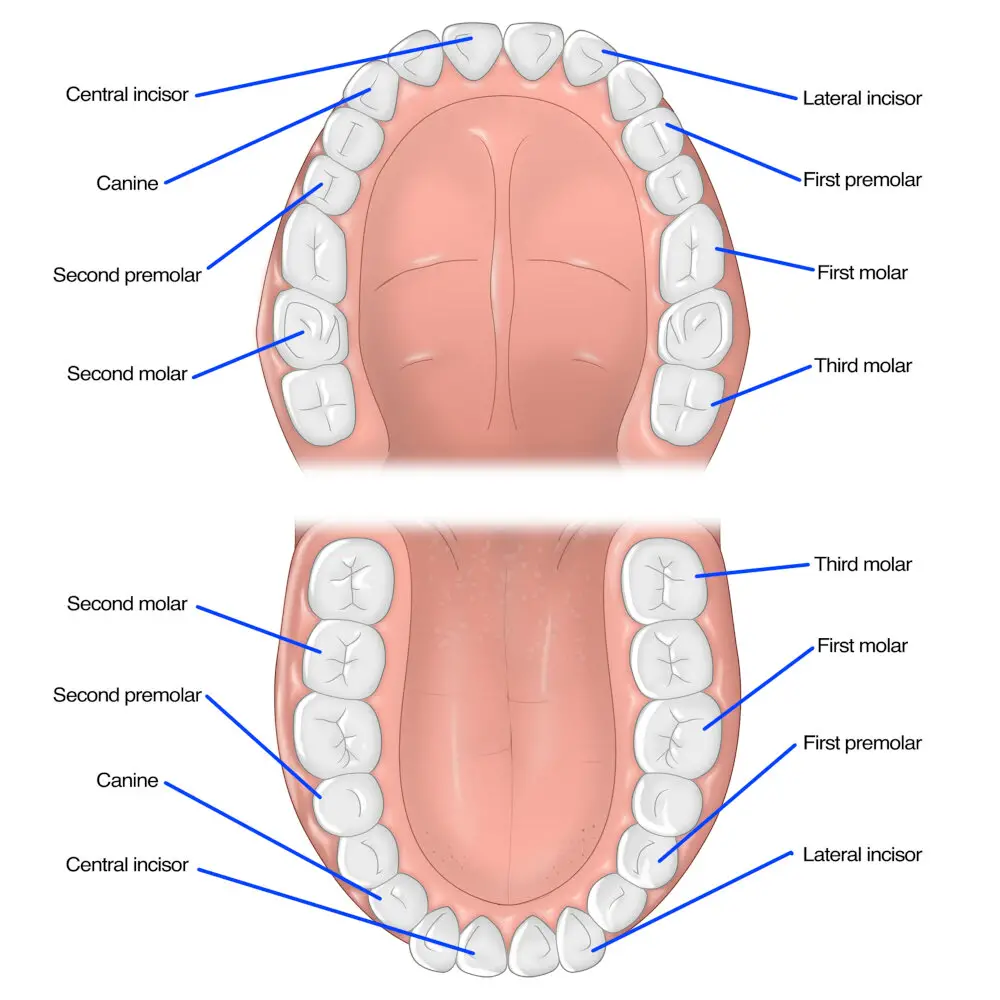
It is not uncommon for patients to experience complications after wisdom teeth extraction, especially if they are smokers. One of the most common complications is dry socket, which occurs when the blood clot that forms in the socket where the tooth was removed becomes dislodged or dissolves, leaving the bone and nerve exposed. This can be extremely painful and can delay the healing process significantly. If you experience symptoms such as severe pain, bad breath, or an unpleasant taste in your mouth, you may have dry socket and should seek immediate medical attention. Other complications that can occur after wisdom teeth extraction include infection, bleeding, and swelling. If you notice any signs of infection, such as fever, redness, or pus, or if you experience profuse bleeding or swelling that does not subside, you should also seek medical attention right away. In the meantime, you can manage your discomfort by applying ice packs to the affected area, taking over-the-counter pain medications, and avoiding smoking or using tobacco products. It is important to follow your dentist’s post-operative instructions carefully to ensure a speedy and successful recovery.
After a wisdom teeth extraction, it is important to keep an eye out for signs of complications, such as infection or dry sockets. Infection can be indicated by swelling, fever, or pus around the extraction site. Dry sockets occur when the blood clot that forms in the socket after the tooth is removed becomes dislodged or dissolves, exposing the bone and nerves underneath. This can cause severe pain, bad breath, and an unpleasant taste in the mouth. If you experience any of these symptoms, it is important to contact your dentist or oral surgeon immediately to prevent further complications.
If you experience any complications after smoking following wisdom teeth extraction, it is important to take immediate action. The first step is to cease smoking immediately. This will help to prevent further irritation or damage to the affected area. You should also rinse your mouth with warm salt water to help reduce inflammation and promote healing. If the pain or swelling persists, you should contact your dentist or oral surgeon as soon as possible. They may prescribe pain medication or antibiotics to help manage the symptoms and prevent infection. It is important to follow their instructions carefully and attend any follow-up appointments to ensure a full and speedy recovery.
After undergoing wisdom teeth extraction, it’s essential to take care of yourself and follow the post-operative instructions given by your dentist. However, if you’re experiencing excessive pain, swelling, bleeding, or any other unusual symptoms, seeking professional help is crucial. Ignoring these symptoms can lead to complications and delay the healing process. Furthermore, if you’re a smoker, it’s advisable to consult with your dentist or physician regarding smoking cessation. Professional medical advice can help you manage pain and discomfort, prevent infections, and promote faster healing, ensuring you recover successfully after your wisdom teeth extraction.
The article \Expert Tips Smoking After Wisdom Teeth Extraction Made Easier\ provides valuable insights on how to make smoking easier after wisdom teeth extraction. Dentists recommend patients to avoid smoking for at least 72 hours after the procedure, as smoking can lead to complications such as dry socket, infection, and delayed healing. However, quitting smoking can be challenging for many individuals. The article suggests that patients who cannot quit smoking should switch to smokeless tobacco or vaping products. Additionally, they should avoid using straws, as the suction can dislodge the blood clot and hinder the healing process. Patients should also rinse their mouth with saltwater after smoking to reduce the risk of infection. Overall, the article provides practical tips to make smoking easier while minimizing the risk of complications after wisdom teeth extraction.
After wisdom teeth extraction, it is crucial to avoid smoking as it can severely impact the healing process. Smoking restricts blood flow to the affected area, which can lead to delayed healing, infection, and dry socket, a painful condition where the blood clot is dislodged. Additionally, smoking introduces harmful chemicals into the mouth that can irritate the wound and cause inflammation, making the recovery period longer and more uncomfortable. Therefore, it is highly recommended to refrain from smoking for at least 72 hours after wisdom teeth extraction to ensure proper healing and minimize the risk of complications.
Recovering from wisdom teeth extraction can be a daunting experience, but it doesn’t have to be. By following the expert tips provided, you can make the recovery process smoother and more comfortable. It’s essential to avoid smoking for at least 72 hours after the procedure to reduce the risk of complications such as dry sockets. Instead, opt for other pain relief methods such as over-the-counter medication, ice packs, and rest. Keeping the mouth clean and following a soft food diet can also aid in a quicker recovery. Remember to take care of yourself during this time and follow the advice of your dentist or oral surgeon. By doing so, you can ensure a speedy and successful recovery.
Conclusion
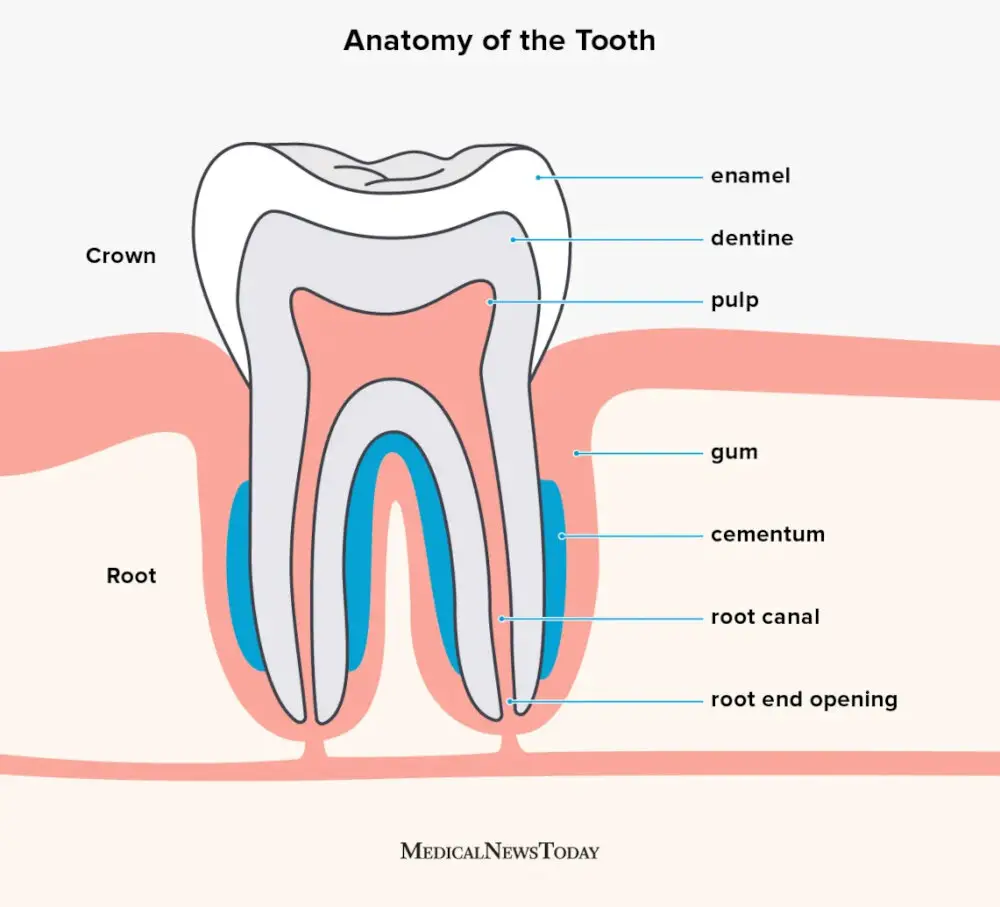
In conclusion, smoking after wisdom teeth extraction can be a challenging task, but with the right tips and precautions, it can be made easier. Quitting smoking altogether is the best option for a faster and smoother recovery, but if one must smoke, it is essential to wait for at least 72 hours to reduce the risk of dry socket and other complications. Using nicotine patches or gum can also help in reducing the urge to smoke. It is crucial to avoid using tobacco products, including cigarettes, cigars, and pipes, during the healing process. Following these expert tips can help individuals make an informed decision and minimize the risk of complications associated with smoking after wisdom teeth extraction.
